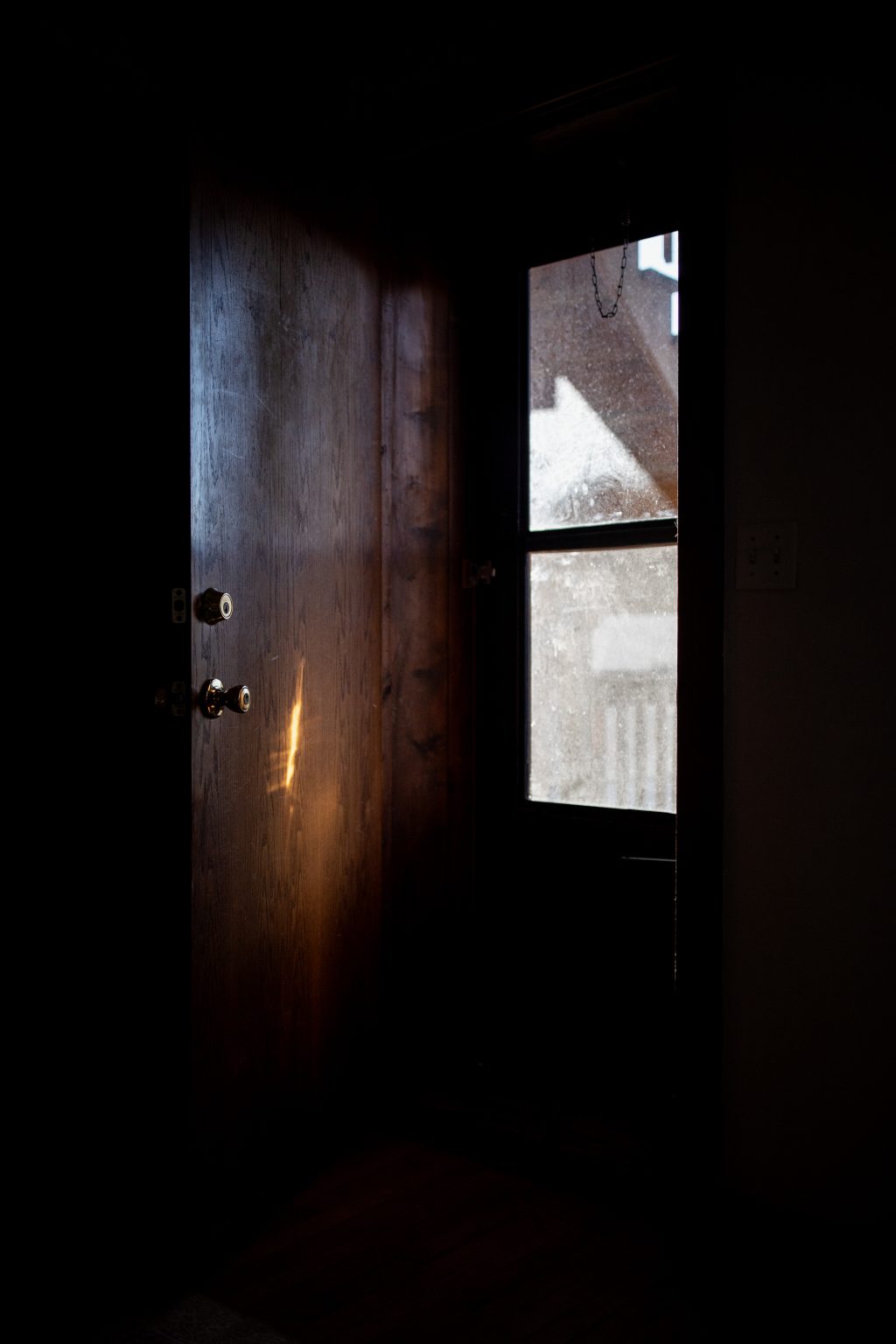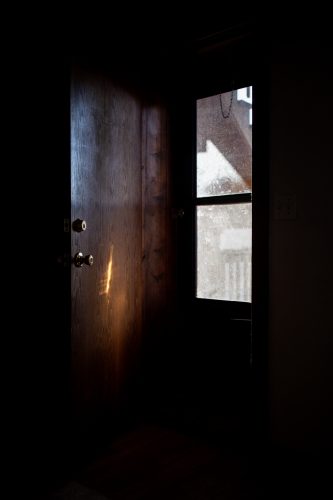
Take Advantage of What Awaits You
Well, after five weeks of lots of couch time spent getting reacquainted with my old friends Gordon Ramsay and carbohydrates, the semester is in motion and so am I — I’ve been putting the finishing touches on a photographic exhibition about local burlesque performers that I curated for The Hokin, a student-run gallery on campus, printing and framing work for a local solo exhibition at a community arts space called The Martin in the Ukrainian Village neighborhood, planning for and making work, and of course, attending class while also working at the Museum of Contemporary Photography part-time. Does it sound like I have enough on my plate? There are, of course, other priorities too — like eating three times a day, drinking enough water, getting enough sleep, taking care of the cats, cleaning the apartment, washing the laundry, going to the doctor/therapist regularly, and so on. The list is seemingly never-ending, and yet, here I am. I’m not an anomaly. In graduate school, many students undertake a demanding workload. Honest peers and faculty will tell you — graduate school, like most opportunities in life, IS what you make of it. I’m here to make a practical argument for making the most of this time in your life and in your professional creative journey.
First, you probably knew before you started looking at graduate school, but, the whole package of student hood, especially as an artist, is expensive. School itself is expensive. Living in Chicago is expensive. Making artwork is expensive because materials and travel can be expensive. Getting that artwork seen is expensive. But once you’ve decided graduate school is for you, its best (and healthiest) to see all this expensiveness as the cost of you INVESTING in your career as an artist. Now, don’t get me wrong. I’d love some much needed and deserved federal aid or relief from the weight of student loans. But, if you’re like me, when I made the decision to pursue an MFA it was because I knew dedicating myself to making art, expressing myself, and using both to connect with others were the only paths to my true happiness in life. Before coming to Columbia, I was working in food service as a store manager for various companies. I did that for nine years, starting the month after I graduated from undergrad. I had just moved to the city from rural Ohio. I worked all day, five to six days a week. While this work taught me endless lessons, it never fulfilled me creatively. I never got to be an artist, work with art, talk about art — and I certainly didn’t have the time to think about art. My own creative life existed on the occasional weekend when I could muster the energy to make a photograph, when I wasn’t addressing everything else in my life that needed attention after so much time spent in cafes. The point I’m making is — if making art is a priority in your life, and you are prioritizing it by choosing grad school, look at these expenses as necessary to some degree.
And since it IS so costly, utilize the opportunities you are literally paying for. Go to artist talks. Take advantage of faculty and campus resources for questions and support concerning your work. Go the library because the book selection is AMAZING. Work out at the gorgeous and brand-spankin’-new Student Center (ahem, I need to do this more). In photography, explore the darkroom and the studio and the printing labs and the on-campus museum! Look up and visit all the on-campus galleries. Make friends in other departments. Heck, if you CAN — take electives in other departments. Get to know and get involved with the school. Make your resources count in ways that matter to you because graduate school is a limited, special time.
— and on that note of expenses!
Columbia offers many opportunities to lessen the financial burden of graduate school, especially in the Photography Department. It’s FAFSA season so don’t forget to fill one out because several Columbia scholarships and grants are partially need-based. So, if you’re like me and you are concerned about money, FAFSA is your friend and so is searching the Columbia scholarship portal. Funds can be used to support the creation of your work while in graduate school as well as cost-of-living expenses. Beyond these opportunities, campus jobs are prevalent, varied, and worth your time because you often learn on the job. Teaching opportunities like TA-ships and the Graduate Student Instructor role that graduate students can apply for after being a TA and taking a class on teaching methods and pedagogies provide valuable professional experience leading the classroom. And while mostly comprised of Photography students, both undergraduate and graduate, in terms of part-time staff, the Museum of Contemporary Photography is ALSO a great employment option for you while you’re studying and making work at Columbia. The museum addresses history, humanity, culture, art, social issues, political issues, too-complicated-to-categorize issues — you name it — through its vibrant exhibitions. The work is diverse, dynamic, and relevant and the atmosphere is supportive, collaborative, and deeply illuminating. You of course learn a ton about contemporary photography, but you also learn about the history of the city and how Chicago has helped shape the broader arts landscape. You take part in the production and installation of exhibitions and programming and learn the day-to-day of working in a small but impactful art museum. If you’re a photo student, you can work for the department, in the digital print lab, and in the dark rooms. In addition to these on-campus opportunities, Columbia has connections with several working artists (especially alumni) throughout the city who you can assist as well as connections to local galleries and arts organizations.
So, we’ve established that one of the ways you can make the most of this time spent in grad school is utilizing the opportunities that present themselves — including the campus and department-specific resources, spaces, and professionals. But we’ve also added that ANOTHER important component of seizing this opportunity is making it EASIER to support yourself and your creative practice by taking advantage of all the financial aid and employment offerings the college has. So much exists here to nurture and support you on your next steps toward greatness, so approach it all with humility and openness, but also, not everyone gets this experience. Make it count! The door is open for you.

Kitchen Door, from the series “Interior,” 2021; photo by Erica McKeehen
